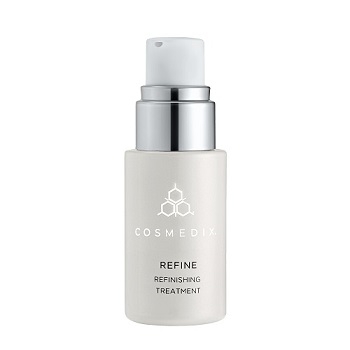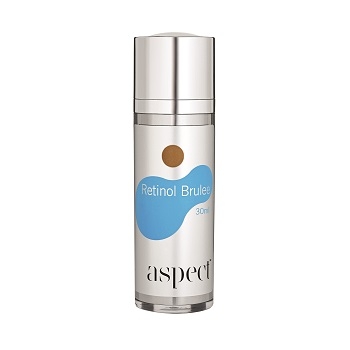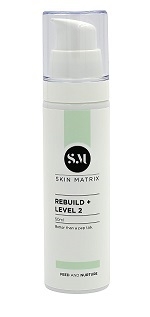Without a doubt Vitamin A or Retinol is by far my favourite ingredient for acne (and anti-ageing!).
Clients who come to see me for their acne are usually at the end of their tether and are totally overwhelmed by what they should be using on their skin. They are either on prescription medicated lotions or oil free products which may not give the long-lasting results once they cease using the products. These products can also cause flaking and increases sensitivities to the skin.
The reason why I like prescribing Retinol for my clients with acne is because Retinol reduces the flow of oil (or sebum) in the skin, therefor reducing the potential for your pores to become blocked. Not only does Retinol curb oil flow it seems to alter the chemical nature of oil, normalizing the skin and its oil production.
Once Retinol enters the skin, it is converted into retinoic acid. I love how Vitamin A speeds up the cellular turnover of the skin, so post blemish marks fade quicker and the structural support of the skin along the way is also improved. By increasing cellular turn over, the skins surface is softer, smoother and the pores are refined. This action also occurs in the pore where the congestion lies which is very important. We can scrub our skin for all our desires, but the action needs to occur within the pore as well.
Something to bear in mind when starting Vitamin A for those with acne, if you already have a dehydrated skin (your skin will feel tight after cleansing if this is you) then Vitamin A can initially dry your skin out further due to the oil controlling properties. This is only temporary as soon thereafter Retinol will start to stimulate your own moisturising factor which will lead to a softer complexion and increase hydration and plump the skin. The dryness can initially last for between 1-4 weeks. I do encourage my clients to make sure they are moisturising their skin daily to assist in the transition as well as preventing water loss from the skin. If your skin feels tight, I would encourage you to use a light moisturiser for 2 weeks first before starting on your Retinol Serum.

Vitamin A will brighten a dull complexion and encourage new blood vessel formation. The overall result from Retinol as part of your daily regime is a brighter and more even complexion. Retinol has skin brightening and pigment lightening capabilities and the longer you use Retinol the more benefits you can experience with lightening existing pigmentation. This of course depends on how much time you are still exposing your face to the sun. It is much harder to lighten pigmentation when the skin receives regular exposure with no sunscreen protection. We have found for our clients with acne, they much prefer a mineral sunscreen to a chemical. We have found a mineral sunscreen will not clog the pores. We do encourage daily use of a mineral sunscreen as Retinol does make you sun sensitive.
Why is this the universal ingredient?
This Vitamin once introduced should stay with you long term. Our skin starts ageing at a young age, so prevention and any aid in creating a healthy matrix of the skin is encouraged. For my clients who have been using Retinol throughout their stint with acne, don’t stop there. Once the breakouts are gone, and the post breakouts marks have also gone, we can then focus on anti-ageing and what we can do to create a healthy skin for the remainder of our lives.
Please note that Retinol is not recommended whilst pregnant or lactating, other than these moments in your life, make sure Retinol is a part of your nightly regime.
My favourite Retinol products are:
Aspect Retinol Brulee
Skin Matrix Rebuild Level 1 and 2
Cosmedix Refine
PCA Retinol Treatment for Sensitive Skin









 Webential
Webential